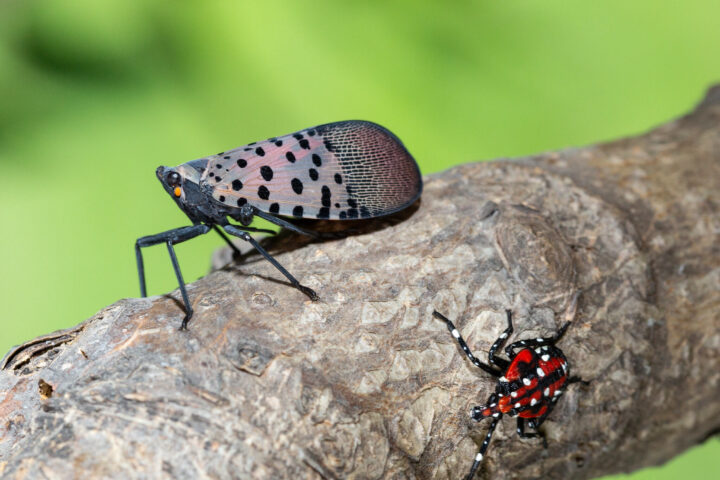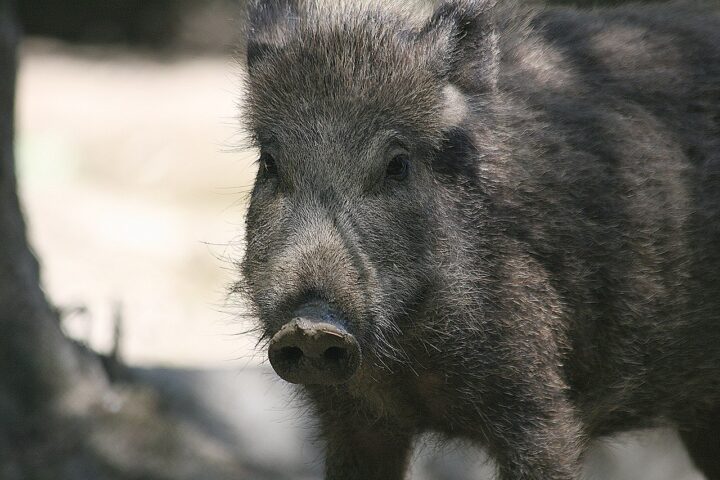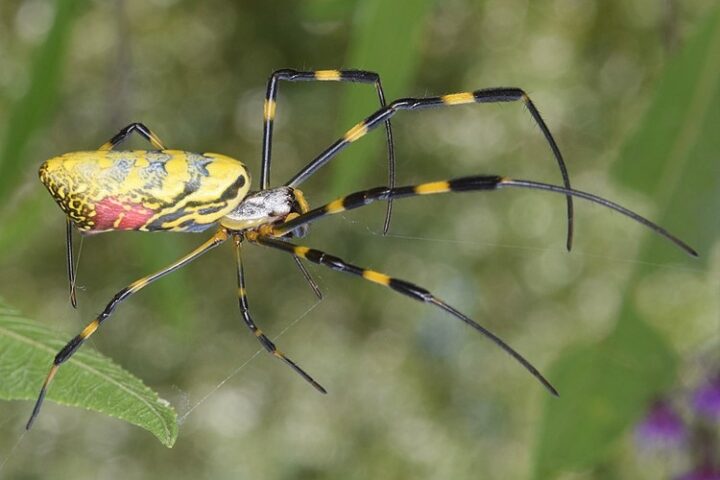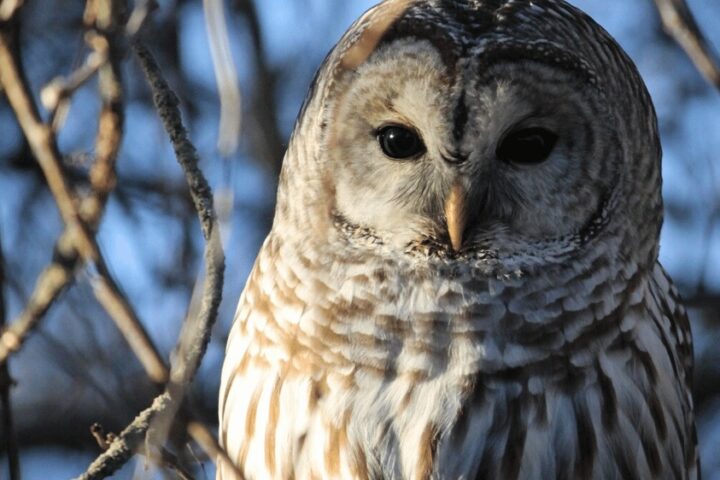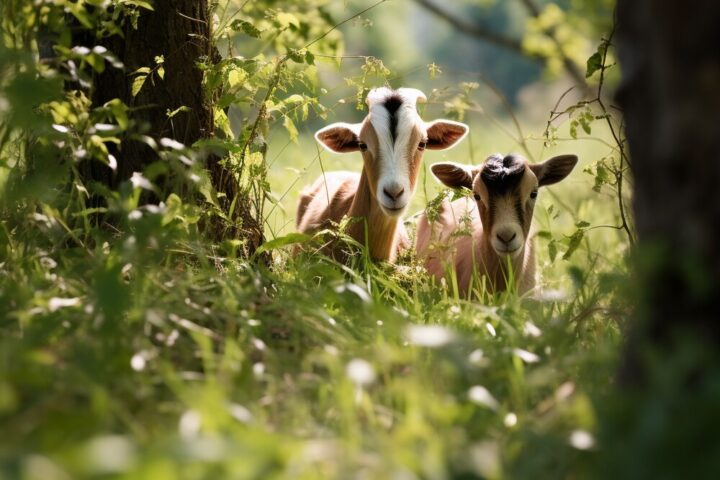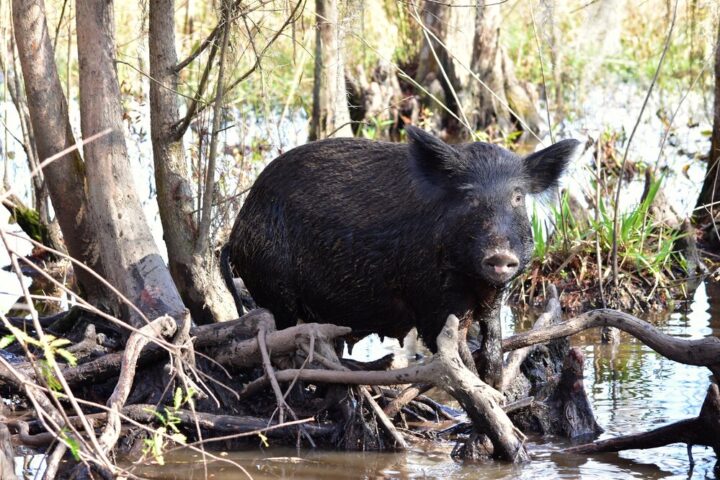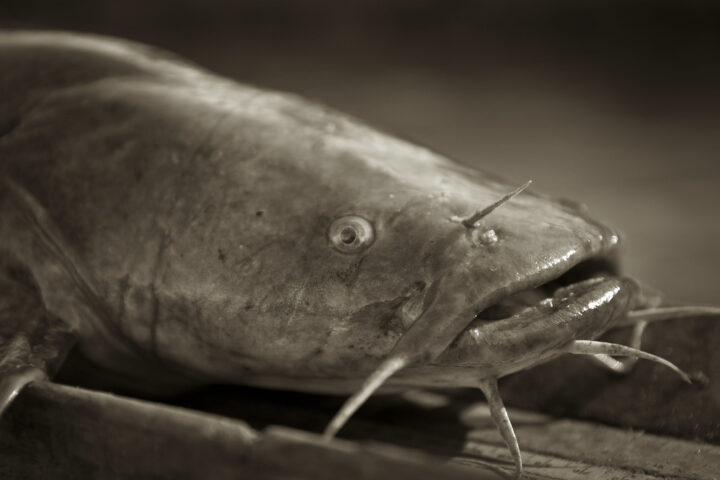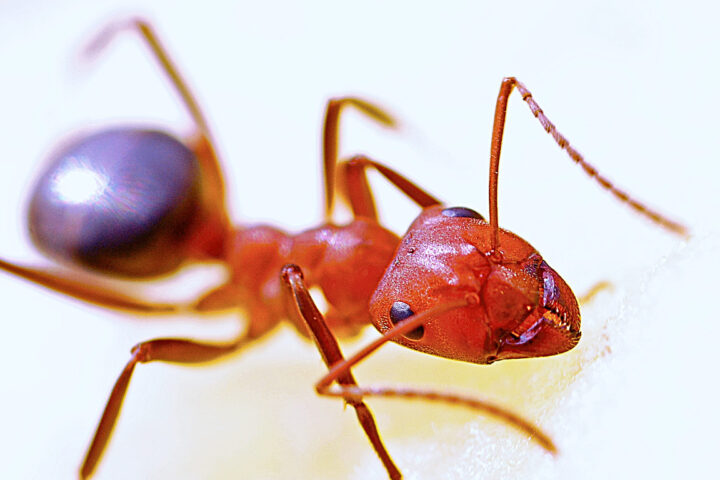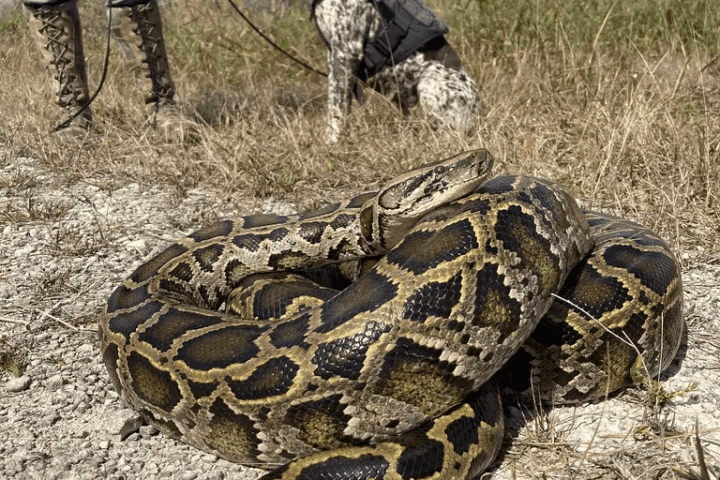Towson University has found a quirky yet effective solution to tackle invasive plants: goats! Since 2014, under James Hull’s leadership at the Glen Arboretum, these four-legged munchers from Harmony Church Farm have been feasting on pesky plants that disrupt the local flora.
The Glen Arboretum, a verdant 12-acre space gifted to the university in 1936, is both a learning hub and a protector of Maryland’s native plants. But, plants like English ivy and Japanese honeysuckle have been giving them a tough time.
So, why goats? Well, these creatures have a knack for gobbling up these invaders. Hull mentions the other not-so-green options: bulky machines causing soil erosion or chemicals that might harm Lake Roland. Clearly, goats are the eco-champs here.
Similar Posts
Veronica Cassily, the goat guru, not only champions this green initiative but has also turned it into a booming venture. Her goats are now the eco-warriors of many parks, underlining the urgency to address invasive species with sustainable methods.
And guess what? These goats are campus celebrities! They’re not just about plant control; they’re sparking eco-curiosity among students. Cassily believes in the magic of outdoor learning, emphasizing the need to show youngsters the real-world green challenges.
However, it’s not all sunny days and happy grazing. A drizzly day can make the goats a tad lazy, as Cassily observed. But hurdles aside, this goat-led green initiative is a brilliant nod to eco-innovation.
To sum it up, while goats as plant managers might sound unconventional, Towson University’s green leap proves that sometimes, nature’s simplest solutions are the most effective. It’s all about eco-resilience, sustainability, and harmonizing human-nature interactions.



